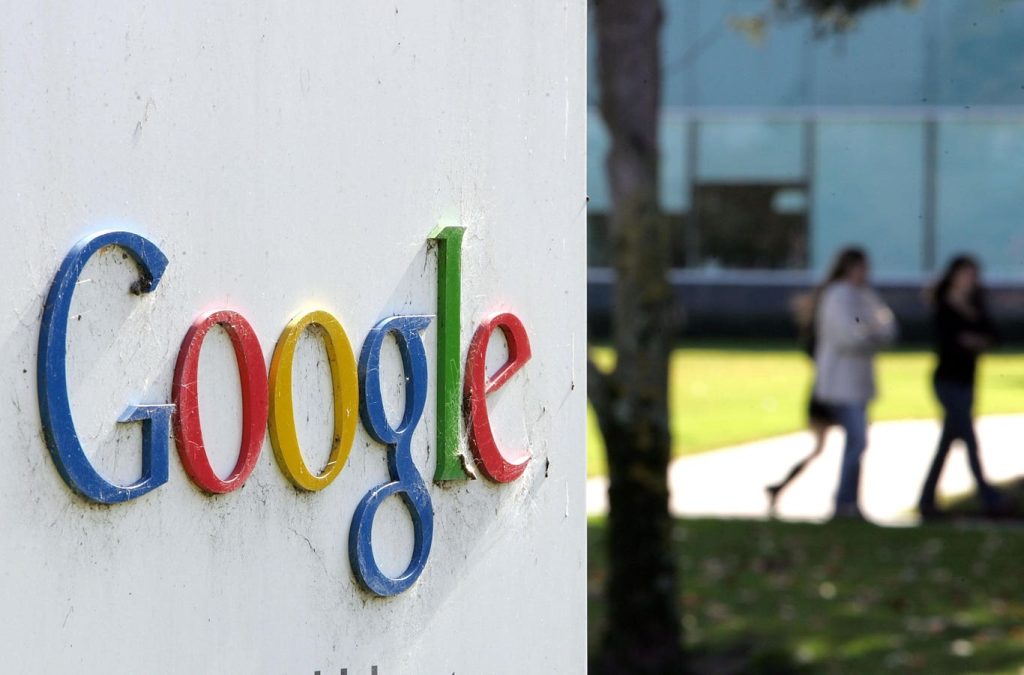A recent New York Times column by Berkeley economist Gabriel Zucman revealed that the highest-income Americans only pay about 23% of their income in taxes, leading to billionaires having a lower effective tax rate than working-class Americans for the first time in US history. Zucman argues that the benefits of corporate tax cuts only go to owners of capital, rather than workers, based on his research with his frequent partner Emmanuel Saez.
While most economists agree that businesses do not bear the burden of corporate taxes themselves, there is debate over how to divide the burden or benefits of tax cuts. Zucman and Saez found a decrease in the share of income paid in taxes by the wealthiest 400 US households, attributing this decline to the significant cuts in corporate taxes under the 2017 Tax Cuts and Jobs Act. Other economists believe that workers also benefit from lower corporate taxes through increased wages and productivity.
Economist Kevin Hassett has argued that workers receive more than 200% of the benefits of corporate tax cuts, a view that has been met with skepticism. Analysts generally align closer to Zucman’s view, acknowledging that shareholders and owners of capital bear a significant portion of the burden of corporate income taxes. The distribution of the tax burden between workers and capital owners varies among different models and assumptions.
The question of which workers ultimately bear the burden of corporate income tax remains complex. Highly-paid employees may bear a larger burden than lower-paid workers and stand to benefit more from corporate tax cuts. Additionally, the distribution of the tax burden may shift over time as firms implement investments that benefit workers. The challenge for economists lies in understanding how this transition occurs.
Recent research shows that only about 28% of publicly traded corporate stock is held by taxable entities, complicating the debate over corporate tax incidence. As Congress considers potential changes to corporate tax policy, the question of who ultimately pays these taxes will be key. Democrats are likely to push for an increase in corporate income taxes, and perspectives on this effort may vary depending on beliefs about who bears the tax burden.













